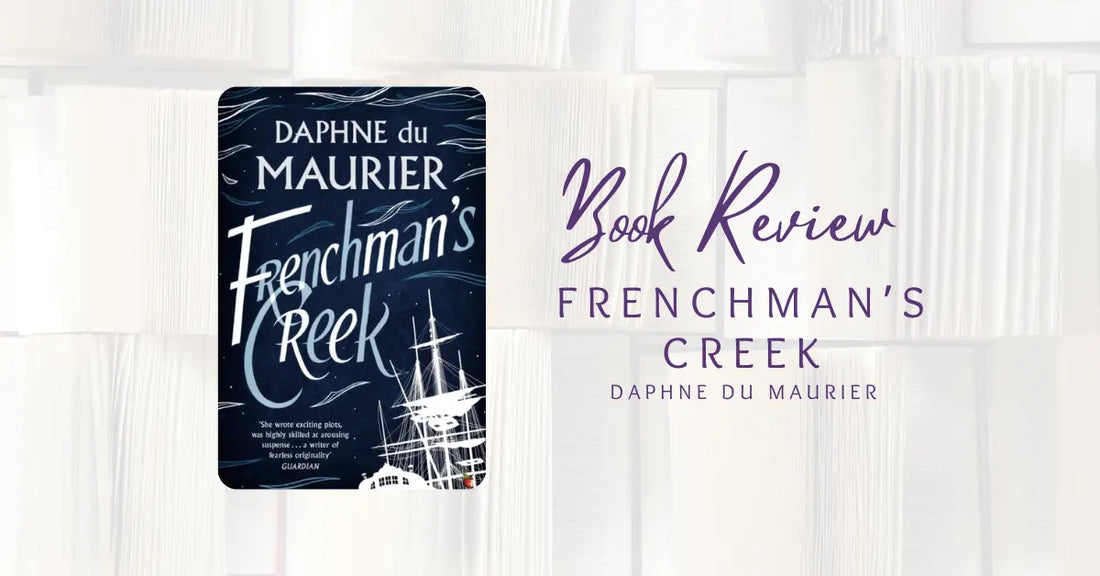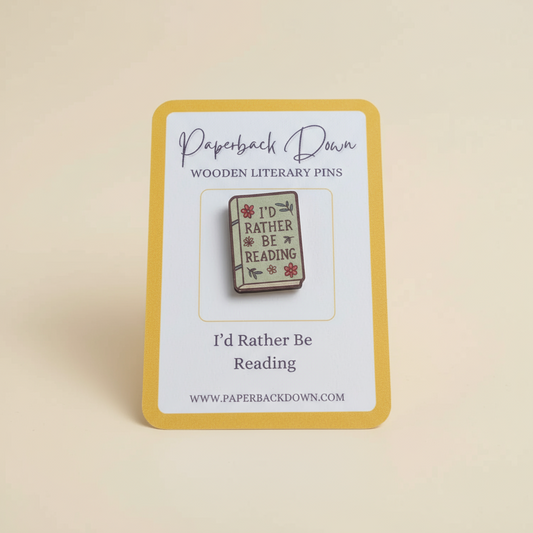
Book Review: Frenchman's Creek by Daphne du Maurier
About the book
A tale of love and adventure from the internationally bestselling author of Rebecca.
Lady Dona St Columb seems to revel in scandal: she is involved in every intrigue of the Restoration Court. But secretly, the shallowness of Court life disgusts her, and in her heart she longs for freedom and honest love.
Retreating to Navron, her husband's Cornish estate, she seeks peace and solitude away from London. But Navron is being used as the base for a French pirate, an outlaw hunted all over Cornwall. Instead of feeling fear, Dona's thirst for adventure has never been more aroused; in Jean-Benoit Aubéry she finds a sensitive man who would, like her, gamble his life for a moment's joy.
Together they embark upon a quest rife with danger and glory, one which will force Dona to make the ultimate choice: will she sacrifice her lover to certain death, or risk her own life to save him?
Why we love it
A feisty bejewelled heroine in a floaty white gown, a dashing French pirate with a penchant for poetry and art, plus a picture-perfect Cornish landscape? You might be forgiven for thinking you've wandered into the pages of a Mills and Boon novel with this swashbuckling adventure by Daphne du Maurier. But, while it's undoubtedly very different in tone and style from her more popularly known gothic novel, Rebecca, there's a lot more to this story than just love and romance.
Published in 1941, it tells the story of restless aristocrat Lady Dona St Columb, unfulfilled in her marriage and mother to two young children. She finds herself increasingly loathing the hedonistic, shallowness of her London life and on a whim decides to escape to her husband's Cornish estate for a while.
She begins to find peace and comfort in the solitude and natural beauty of the Cornish countryside but it's when she encounters fugitive pirate, Jean-Benoit Aubéry, that she truly starts to come to terms with what brings her happiness and contentment.
Dona’s yearning for a more fulfilling life, free from the constraints of societal expectations, will resonate just as much with readers today as it did when the novel was first published. Her journey of self-discovery feels relatable, even against the backdrop of a 17th-century setting - because who hasn't at some point imagined running away from their life and obligations for a while?
Daphne du Maurier's rich prose and evocative descriptions of the Cornish landscape, it's rivers, coast and wildlife, all help to bring the book to life, creating a captivating tale of romance, adventure and self-discovery - the perfect bookish escape!




